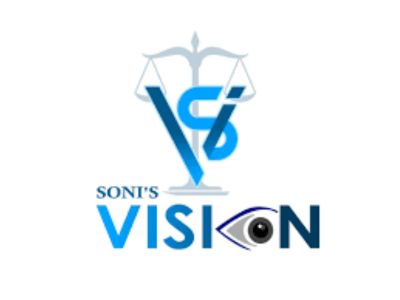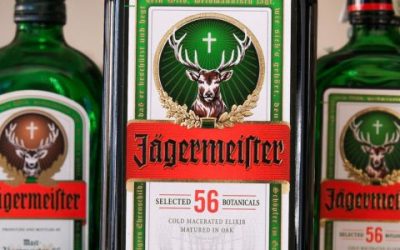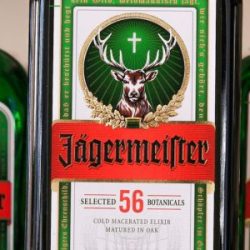Google operates a search engine called Google Search Engine and runs an advertising program called Google Ads Program. This program displays sponsored links and advertisements, known as ‘Google Ads,’ on the search engine result page (SERP).
MakeMyTrip (India) (P) Ltd. (MIPL) is a registered company that primarily started with airline ticket bookings but has now grown to be one of India’s largest travel companies. MIPL claims to be the proprietor of multiple trademarks, including word marks such as MAKEMYTRIP and MMT. They allege that Google Ads Program’s usage of their trademarks as keywords to display Booking.com’s links/ads constitutes trademark infringement under Section 29 of the Trade Marks Act, 1999. MIPL argues that the use of their trademarks by a competitor like Booking.com for advertising purposes is unfair and violates their trademark rights. MIPL also claims that Google is encroaching upon their goodwill by allowing their competitors to book their trademarks as keywords.
The judge initially accepted MIPL’s arguments and concluded that the use of a registered trademark as a keyword constitutes trademark infringement. The judge also observed that the practice of using trademarks as keywords could constitute passing off and fall foul of Section 29(8) of the Trade Marks Act, 1999.
In a recent case, the court referred to the Google LLC v. DRS Logistics (P) Ltd., 2023 SCC Online Del 4809, also known as the Google-DRS Logistics Case, determining that the use of trademarks as keywords by both Google and advertisers would not amount to trademark infringement. However, the use of trademarks as keywords would still be considered “use” in connection with the goods and services of the advertiser. If the goods and services covered under the sponsored link were similar to those covered under the trademark, then Section 29(4) of the Trade Marks Act, 1999, would not apply. The court rejected the argument that the use of trademarks as keywords would automatically constitute trademark infringement. The use of trademarks as keywords would not infringe the trademark as long as there was no confusion or unfair advantage created, and internet users were not misled into believing that the sponsored links or Ads were associated with the trademark proprietor.
MIPL argued that Booking.com was bidding for MIPL’s trademarks as keywords and that their sponsored link appeared right after MIPL’s own link. However, the court observed that MIPL’s organic search results were easily findable on the SERP and rejected their argument that Booking.com’s ads should not appear as sponsored links.
Booking.com, a well-known travel services platform, was accused of misleading internet users into believing that its services belonged to MIPL. However, the court ruled that this accusation was incorrect. The argument made by the judge, suggesting that Booking.com’s use of the MAKEMYTRIP trademark as a keyword would constitute an infringement under the Trade Marks Act, 1999, was found to be incorrect. This was because the services offered by Booking.com were found to be quite similar to the services covered by MIPL’s trademarks. Therefore, Section 29 of the Trade Marks Act, 1999, would not be applicable in this case.
In this case, the court ruled that using a trademark as a keyword by competitors does not constitute infringement as long as there is no confusion or deceit involved. This ruling was based on the Google-DRS Logistics case where the use of the MAKEMYTRIP trademark as a keyword by MIPL was found to not violate the Trade Marks Act, 1999.
In this case, the court gave its opinion that the use of trademarks as keywords could not be interpreted as applying the registered trademark to any material intended for labeling or packaging goods, as a business paper, or for advertising goods or services. The court observed that neither Google nor the advertiser used the trademark on any material, nor did they do so on any material intended for labeling or packaging of goods or as a business paper. The court further opined that there was no application of the trademark on any material for advertising goods or services. Consequently, the court set aside the previous order of injunction passed by the judge.

Written by Bhavpreet Singh Soni
Partner, Sonisvision
You may also like…
UEFA partners with Alliance for Creativity and Entertainment to enhance global anti-piracy strategy
October 21, 2025 - The Union of European Football Associations (UEFA) has officially joined the Alliance for...
EUIPO and UANIPIO welcome the integration of Ukraine’s trademarks into TMview
The European Union Intellectual Property Office (EUIPO) and the Ukrainian National Office for Intellectual Property...
Jägermeister succeeds in opposing the EU trademark application Alten Kräuterfrau for alcoholic beverages
Mast-Jägermeister SE filed an opposition on the grounds of Article 8(1)(b) – likelihood of confusion between the signs...
Contact us to write for out Newsletter













